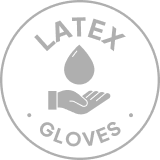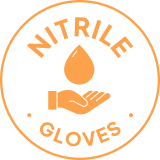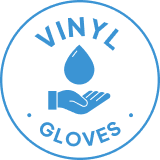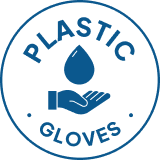


Find out what makes nitrile safety gloves a smart alternative to latex and other safety glove variants in the market:

• Made from natural rubber, providing flexibility and softness.
• Known for excellent touch sensitivity, making them almost feel like a second skin.
• The downside is the potential for type I allergies, which could be an issue for some users.



Equip yourself and your team with our products. Get in touch right away by (631) 740 2960 or sending an email to [email protected].